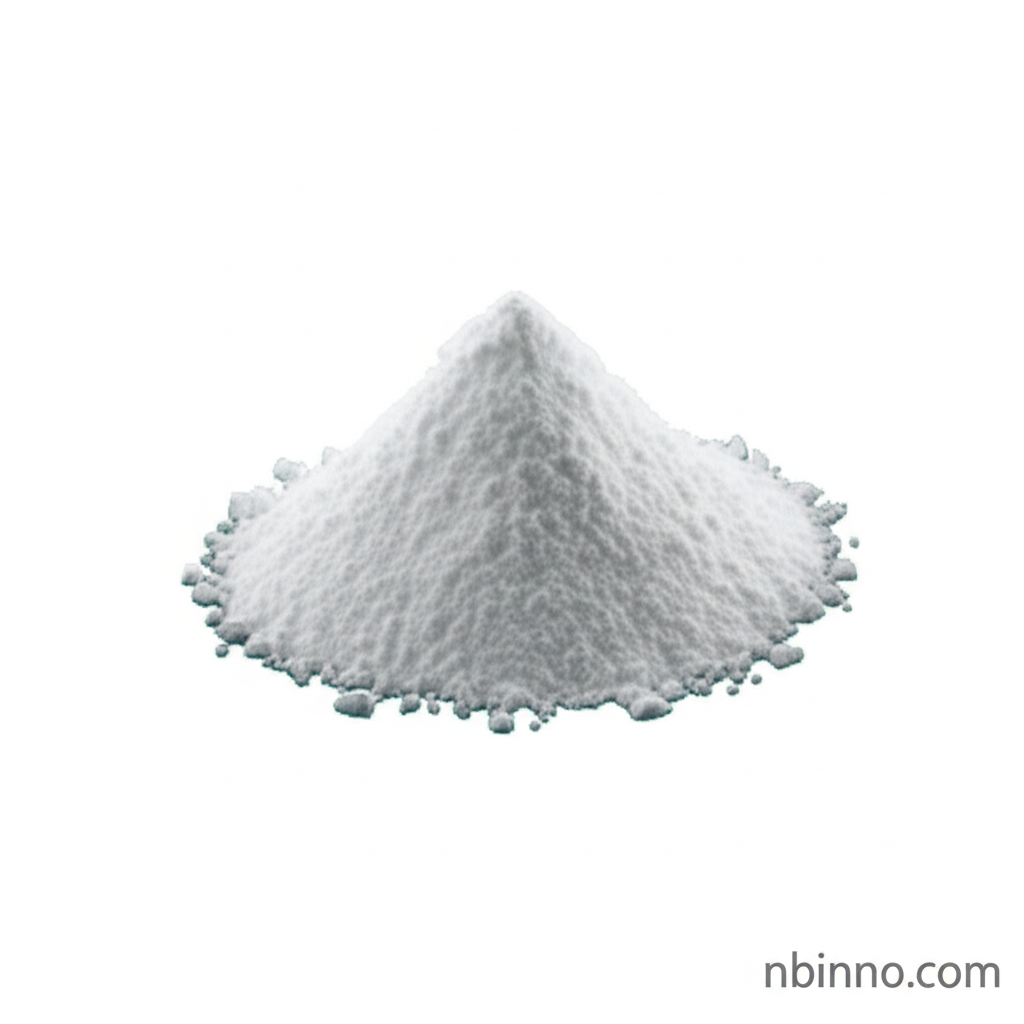Unlock the Digestive Power of Trypsin: A Vital Enzyme for Protein Hydrolysis and Cellular Health
Discover the multifaceted roles of Trypsin, from aiding digestion to advancing scientific research and medical treatments.
Get a Quote & SampleProduct Core Value

Trypsin
Trypsin is a critical serine protease, playing a pivotal role in the breakdown of proteins into smaller peptides and amino acids. This fundamental process is essential for nutrient absorption and overall metabolic function. Synthesized initially as an inactive precursor, trypsinogen, it is activated in the small intestine to perform its proteolytic functions. Its utility extends beyond digestion into various biotechnological and medical applications.
- Understand the trypsin protein digestion process, crucial for nutrient assimilation and cellular health.
- Explore the uses of trypsin in cell culture, enabling cell detachment and propagation for research and biomanufacturing.
- Learn about trypsin for wound healing, where its enzymatic action helps in debridement and promoting tissue regeneration.
- Investigate the trypsin in proteomics field, where it is used to digest proteins for mass spectrometry analysis, facilitating protein identification and quantification.
Key Advantages Offered
Enhanced Protein Breakdown
Leverage the precise enzymatic action of trypsin to achieve efficient protein hydrolysis, ensuring complete breakdown for optimal absorption.
Advancement in Biotechnology
Utilize trypsin's capabilities in cell culture applications, a cornerstone for advancements in cellular biology, drug discovery, and regenerative medicine.
Support for Tissue Regeneration
Benefit from trypsin's role in wound healing, assisting in the removal of damaged tissue and creating an environment conducive to new cell growth.
Key Applications
Digestive Health
Trypsin is a cornerstone of digestive enzyme therapy, facilitating the breakdown of dietary proteins into absorbable amino acids, crucial for those with digestive deficiencies or seeking to optimize nutrient intake.
Cell and Tissue Culture
In laboratories worldwide, trypsin is indispensable for dissociating cells from culture surfaces, enabling cell passaging, and facilitating various research experiments in cell biology and drug development.
Medical Treatments
Applied topically, trypsin aids in the debridement of wounds, burns, and ulcers, promoting healing by removing necrotic tissue and reducing inflammation, contributing to effective tissue repair.
Proteomics Research
Trypsin's specific cleavage sites make it a preferred enzyme in proteomics for preparing protein samples for mass spectrometry, essential for identifying and analyzing proteins in biological systems.
